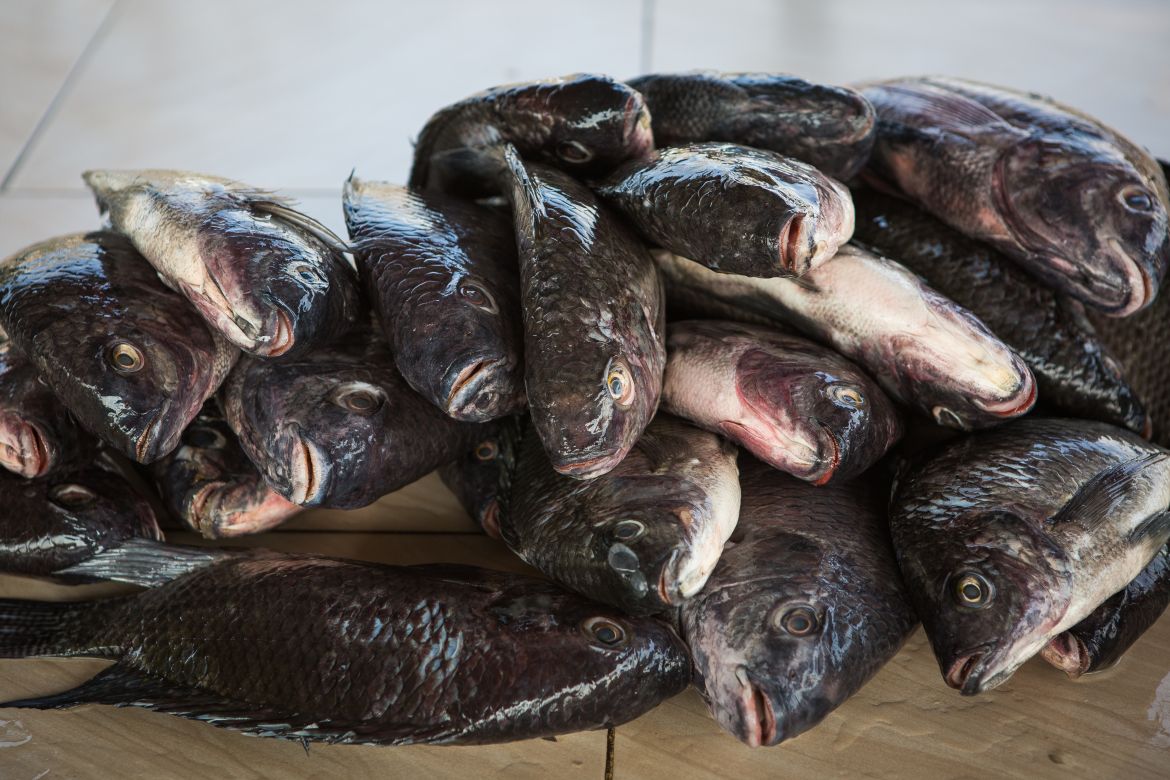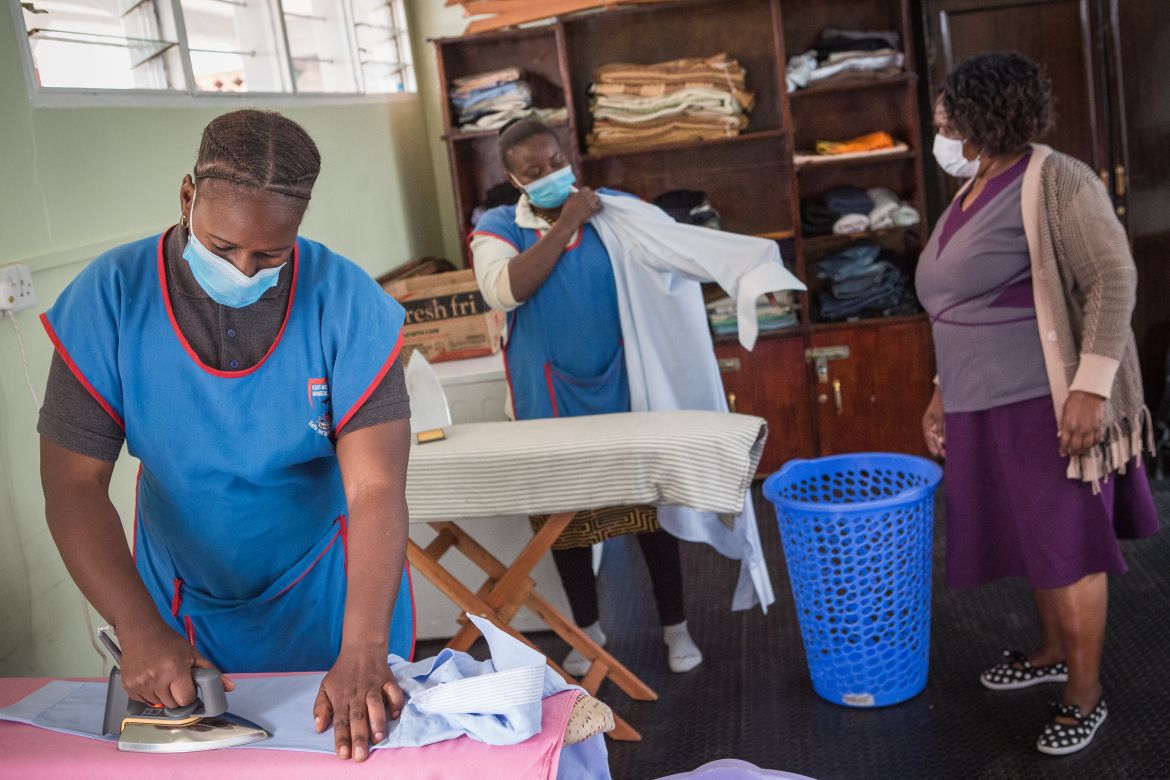In Pictures
Lake Victoria fishing industry declines, spurring Gulf migration
Environmental and economic pressures push people in Kenya’s fishing communities to seek jobs in energy-rich Gulf states.

“I am the major bread-earner for the family, but my income is not enough to survive,” said Mary Anyango, a fish-seller and mother of seven who lives in Dunga, a village on the Kenyan shores of Lake Victoria.
“This is the main reason why my 26-year-old daughter migrated to Saudi Arabia in January 2021. She works as a domestic worker for a Saudi family and earns 28,000 Kenyan shillings ($250) a month; about five times what I earn selling fresh fish at the local market.”
Lake Victoria is the world’s largest tropical freshwater lake and the largest lake in Africa. It lies in Tanzania, Uganda, and Kenya and supports the livelihood of 40 million people in the three East African countries.
But dramatic ecosystem changes caused by unsustainable fishing practices – including overfishing and the use of undersized nets that catch fish before they reach maturity – alongside rapid population growth, and pollution by wastewater, agro-pesticides, and fertilisers threaten the future of fishing in Lake Victoria.
“There are a lot of issues happening upstream”, said Brian Waswala, a wildlife and landscape ecologist at Kenya’s Maasai Mara University. He told Al Jazeera that most of the freshwater feeding Lake Victoria comes via rivers in farming regions where agro-pesticides and fertilisers are used in large quantities to increase yields of produce such as coffee and tea.
Chemicals entering the relatively shallow lake have a negative impact on the ecosystem and fish stocks and make it “less and less viable” to make a living from fishing, Waswala said. Therefore, cash-strapped families have started to allow young women to migrate to the energy-rich Gulf region where they predominantly work as domestic workers and earn more money than they would at home.
“The situation forced our children to migrate,” said Ali Juma, a secretary at the Kenya National Fisherfolk Association (KENAFA) whose two daughters have been employed in Saudi Arabia. Juma worked as a fisherman for about 30 years and said he “expects the worst” if nothing is done to preserve Lake Victoria.
Waswala says a new approach is essential to protect the lake’s environment.
“People upstream either ignore or just do not care about their actions’ impact downstream,” he said.
“It is time that we look at the environment in a different perspective because it is the cornerstone for social and economic development.”













